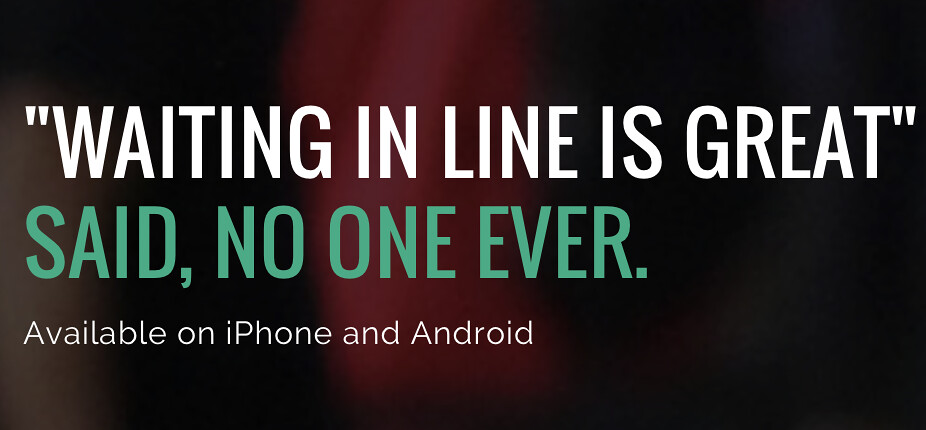Following Dragons’ Den Deal, Hangry Infiltrates Universities with Digitization of Restaurants
 Everyone’s walked away from their favourite restaurant because the lineup was just too long. Fabien Raso and Mark Scattalon want to make sure you never have to wait in line again.
Everyone’s walked away from their favourite restaurant because the lineup was just too long. Fabien Raso and Mark Scattalon want to make sure you never have to wait in line again.
“When you’re in class and you’re ‘hangry’ you’re not learning what you should,” says Hangry founder Mark Scattolon.
Hangry has infiltrated Canadian university campuses and founders Fabien Raso and Mark Scattolon are looking forward to more growth in the coming months.
The pre-order app that allows students to pre-pay for meals from any on-campus vendors and select a preferred pick up time has been “hyper-tailored to specific campuses. This means that students can select from any of the food-service locations on university property.
“We built Hangry around the concept that people don’t want to wait,” said Raso.
After seeing apps transform productivity in virtually every area of our lives, Raso began developing Hangry while he was doing his MBA.
After appearing on Dragon’s Den in November of 2015, Raso and Scattolon secured a deal with tech entrepreneur Michele Romanow, Joe Fresh founder Joe Mimran and investment expert Mike Wekerle. They received $120 thousand for 20 per cent of their business. According to Scattolon, they were thrilled with their new partners.
“They didn’t show it in the episode, but Michelle really grilled us on our numbers. She grew up in this space. Joe Mimran is a creative genius, and you look at a guy like Wekerle who’s just so connected and doing great things in the startup space.”
Their inspiration to go after university campuses was actually solidified while this deal was being made. Despite this however. The team elaborates on the challenges they’ve faced since starting the business in 2012.
The first of these challenges was developing the technology that would enable the program to function the way they wanted it to.
“You’re not just dealing with one kitchen,” says Scattolon. “You’re dealing with multiple orders on a campus.”
What’s more challenging he says, is obtaining permission from universities to operate. He claims that “you have to jump through a lot of hoops to get on campuses.”
According to Raso, these struggles were worth it as student campuses project a market of over $1.2 billion in annual sales.
Since appearing on Dragon’s Den, Hangry’s business has “exploded,” according to Scattalon. However, the app didn’t begin its life on campus. The original motivation behind Hangry was to bring the efficiency that technology had brought to so many industries to the restaurant industry.
“We had 30 restaurants across Toronto and Hamilton that had about five to 10 orders a day. You have to recognize when something’s not working and change it. We’re pretty secure where we are with these schools. Everyone in Canada is interested in working with us.”
Scattolon goes on to say that the millennial demographic they’re targeting is looking for rich experiences, and they hope to offer that through Hangry’s brand. At the moment, Raso and Scattalon have eluded to an alliance with one of the largest food providers in the country who has several location across the majority of university campuses.
“We saw how mobile tech has been transforming the online world and the offline world. Just because we waited yesterday, why should we today?”











